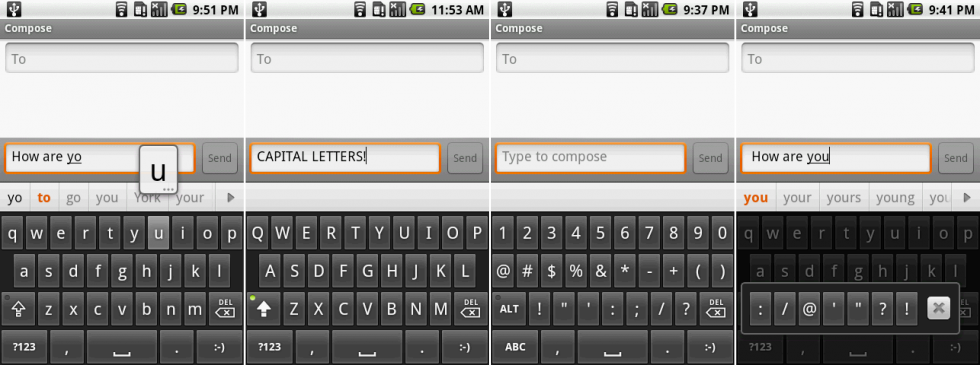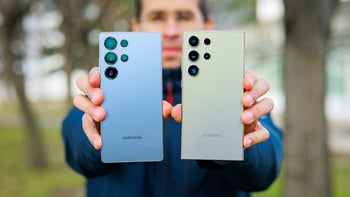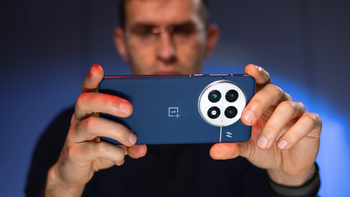Did you know that the first Android smartphone did not even support a virtual keyboard at first?

It took Google six months to add a virtual keyboard to Android
This is an interesting little detail showing how little faith Android engineers had in the efficiency of a virtual keyboard.Luckily, they quickly changed their position on the issue. Some six months after, Android 1.5 Cupcake was released, and the update brought one of the key features that we take for a given on all modern smartphones now - a virtual keyboard. It took quite a while until the Android world was ready to dump the physical keyboard completely. That happened with the launch of the HTC Nexus One in March 2010. Fast forward to today, and a device with a physical QWERTY keyboard would look strange at best. That’s progress for you.

Image courtesy of ArsTechnica.
Follow us on Google News












Things that are NOT allowed:
To help keep our community safe and free from spam, we apply temporary limits to newly created accounts: